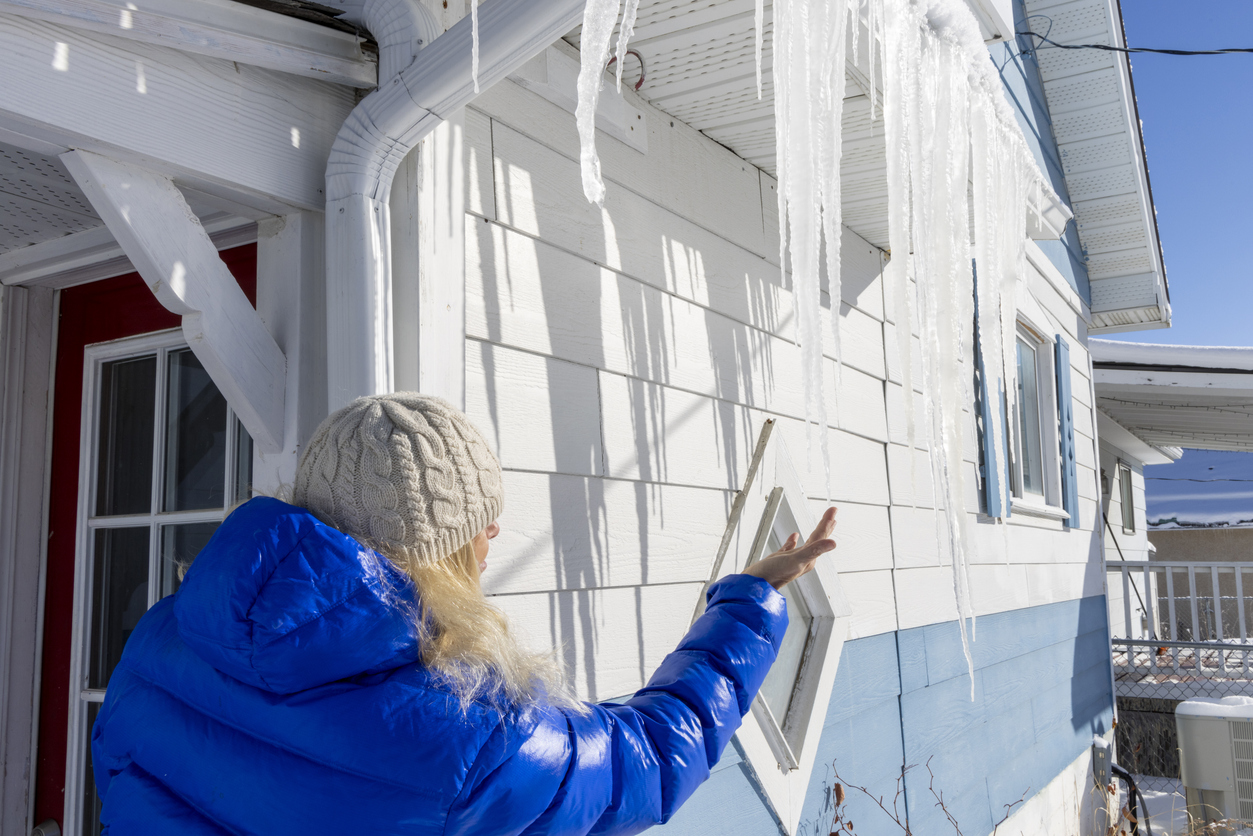It is the general understanding when one brings a lawsuit on a flood claim under the National Flood Insurance Program (NFIP) that the only recovery available to the policyholder is actual damages. The policyholder is not entitled to attorney fees or bad faith (extra-contractual) damages, which might be recoverable in other first-party property damage cases. In an unusual case out of the Eastern District of North Carolina, a federal district court found Allstate acted in bad faith for unfair claims handling in a flood claim and assessed extra-contractual damages.1
The facts are probably very familiar to anyone who has handled flood cases. Allstate hired Rimkus, who came up with a ridiculous theory as to why flood waters from Hurricane Irene were not the cause of the Woodson’s flood damages. After a bench trial, the court found as a matter of fact that Allstate had breached its contract and had committed bad faith. The court said that Allstate’s “denial of benefits to the Woodsons was a flagrant act of bad faith.” Looking at the history of the NFIP, the court found that Congress set up the NFIP as a “deliberate national policy to provide coverage to property owners suffering major losses due to flooding.” Finding that Allstate’s actions were an example “of the worst kind of misconduct on the part of an insurance carrier with one of its insureds,” the court awarded treble damages against Allstate. Then the court noted:
The Court is aware of other cases finding that such state extra-contractual statutes are preempted by the federal program and its goal of reducing fiscal pressure on federal flood relief efforts. However, the Court finds that treble damages are warranted in this case because of the higher purpose of the NFIP: providing relief for worthy claims.
It is impossible to decide this case without considering the context in which it is before the Court. This case is based on the denial of a claim for coverage under an insurance policy that is the product of an avowed federal interest in providing relief for worthy claims. This is the bedrock principle and organizing purpose upon which federal flood insurance was founded. Thus, when this principle is violated in such a flagrant manner as seen in the facts before the Court now, it is important to send a message that these bad faith denials will not be tolerated. The Court finds that permitting remedies such as treble damages in the rare instance of a bad faith denial in fact promotes the goals of the federal flood insurance program much more faithfully than denying such a claim based on preemption.
The case has been appealed to the Fourth Circuit Court of Appeals. I am realistic and think the bad faith finding will be reversed on pre-emption. However, based on what happened with flood claims after Hurricane Sandy, (watch the Frontline piece about Sandy and the NFIP), I think Judge Boyle is a voice in the wilderness crying out to straighten the path for flood victims. It is time for Congress to look hard at the insurance companies paid to handle flood claims, and allow bad faith damages against them if there are findings of bad faith. Because the cases are tried to the bench before a federal judge rather than a jury there is no worry about runaway juries. This measure would assure that flood victims get properly paid.



